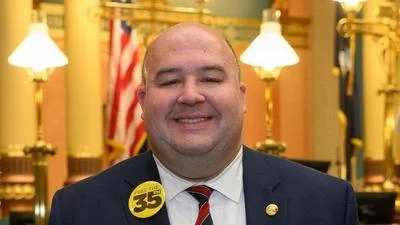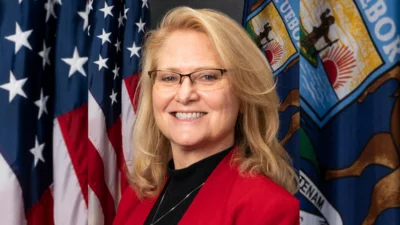Governor Matt Blunt, president of AAPC | Wikimedia
Governor Matt Blunt, president of AAPC | Wikimedia
On March 28, 2025, a report by economist Dr. Art Laffer was released, highlighting the potential impacts of a proposed 25% tariff on auto imports in the United States. The report, titled "Impact of a 25% Tariff on U.S. Auto Industry," suggests that such a tariff could lead to increased vehicle prices, disrupt investment cycles, and create uncertainty by affecting consumer confidence and supply chain stability.
The American Automotive Policy Council (AAPC), which represents major automakers Ford Motor Company, General Motors Company, and Stellantis, emphasizes the importance of predictable trade policies for strategic decision-making in the industry. As the sector transitions to advanced manufacturing and product diversification, adhering to trade rules under President Trump's USMCA is seen as crucial for maintaining competitiveness.
Key findings from Dr. Laffer's report include concerns that the tariff could disrupt supply chains and weaken investor confidence across North America. It also warns that U.S. manufacturers might face reduced profit margins and global competitiveness challenges, potentially leading to job losses and slower innovation.
The report proposes leveraging trading partnerships with Mexico and Canada as a solution. This approach could save Americans approximately $2,000 per new car while encouraging domestic production.
Governor Matt Blunt, president of AAPC, said: "We remain committed to President Trump’s vision of increasing automotive production and jobs in the United States. Ensuring a fair and predictable trade environment is essential to strengthening the U.S. auto industry, supporting American jobs, and maintaining our country’s global competitiveness. Dr. Laffer’s determination that the U.S. industry can thrive with our Canadian and Mexican partners is absolutely correct."
The AAPC continues to advocate for policies that support its member companies' public policy interests from its base in Washington D.C.
Information from this article can be found here.






 Alerts Sign-up
Alerts Sign-up